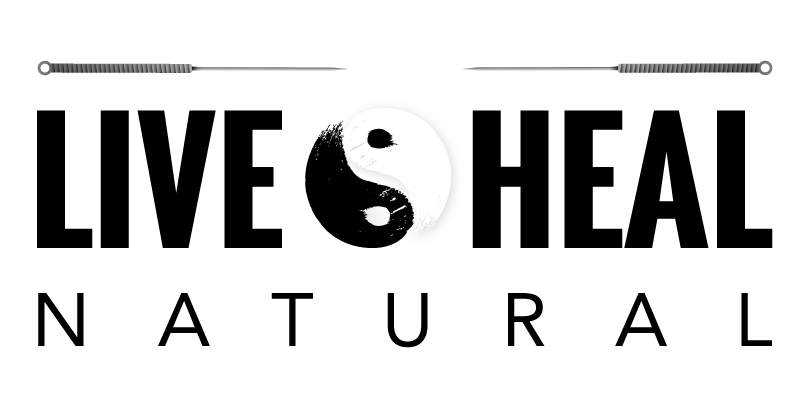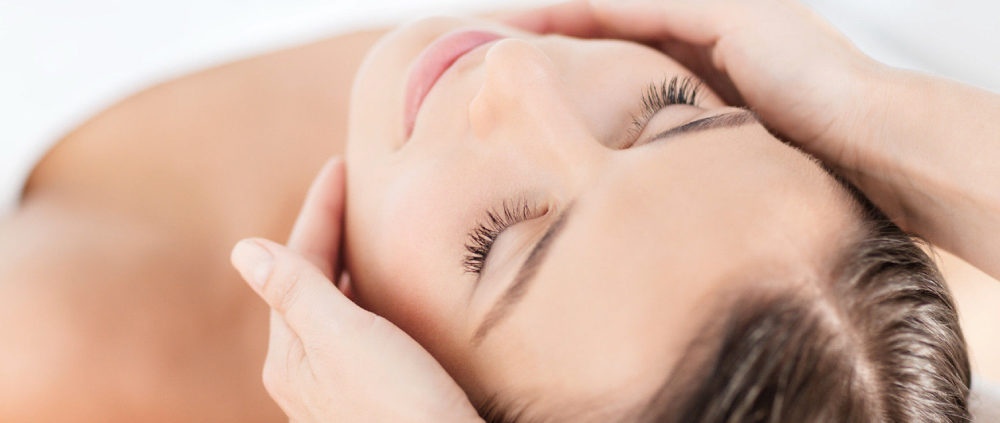Acupuncture, an ancient Chinese practice where needles are inserted into the body to treat disease, offers many benefits to seniors. While American healthcare is designed around Western medicine, alternative medicine — including acupuncture — provides relief without medication.
As the Baby Boomer population reaches retirement in record numbers, chronic health care expenses of this generation are feared to collapse Medicare. Not only that, the preventative medicine concept of Eastern medicine helps seniors get healthy naturally, without prescription side effects. Many believe acupuncture, and other alternative therapies, are the best-kept secret in senior care.
Here’s why:
1. Acupuncture Returns the Body to the State of Health
Chinese medicine and acupuncture are based on the concept of ‘qi’ (pronounced “chi”), which means ‘life force energy.’ This natural energy is continuously generated and flows within the twelve major meridians in the body. The two polarities referred to as ‘yin’ and ‘yang’ help balance the energy flow in each of the meridians to return the body to a good state of health. Pathogens can make these energies unbalanced, which leads to disease. Acupuncture helps treat disease by restoring and normalizing the flow and balance of the ‘qi’ in the meridians to return the body to a state of health.
2. There Are No Prescriptions in Acupuncture
Acupuncture enables relief without dealing with the side effects of medications for many conditions and symptoms. One of the biggest problems in Western Medicine is the use of prescription medication in the elderly. In fact, the CDC estimates that every year 177,000 older adults visit the emergency room due to medical problems. Dr. Leslie Kernisan, Geriatrician and A Place for Mom expert, comments:
“Most older adults will not have their medications regularly reviewed by a geriatrician or geriatric pharmacist, so many oversights and problems can arise. The more medications a senior takes, the greater the chance of side-effects, interactions, and emergencies due to adverse events.”
If natural remedies can be used, such as acupuncture, they are a wonderful alternative to medications.
3. Acupuncture Benefits the Respiratory System
The World Health Organization (WHO) has reported many health benefits from acupuncture.
These upper respiratory tract illnesses have shown to benefit from acupuncture:
- Acute Rhinitis
- Acute Sinusitis
- Acute Tonsillitis
- Common Cold & Flu
These respiratory illnesses have shown relief from acupuncture treatments.
4. Acupuncture Helps Treat Eye Disorders
The WHO reports relief from the following eye disorders, which are quite common in the elderly:
- Acute Conjunctivitis
- Cataracts
- Central Retinitis Myopia
For benefits 5-7, please click HERE.


